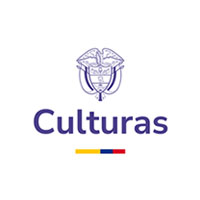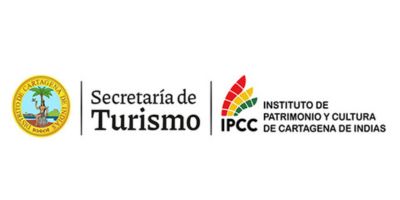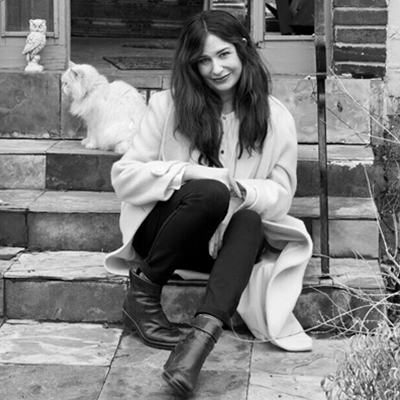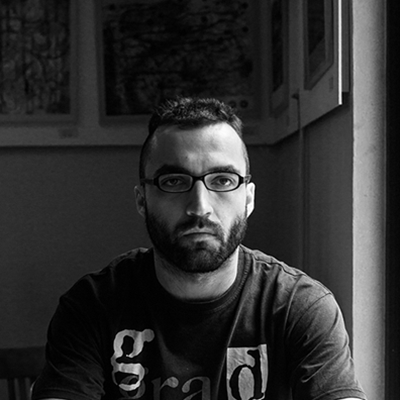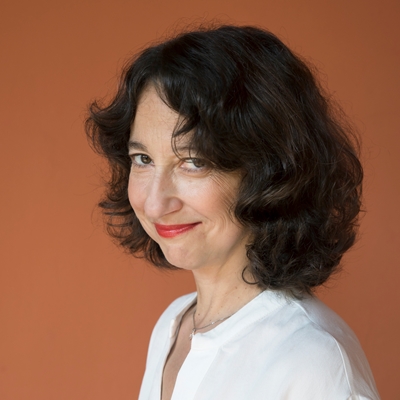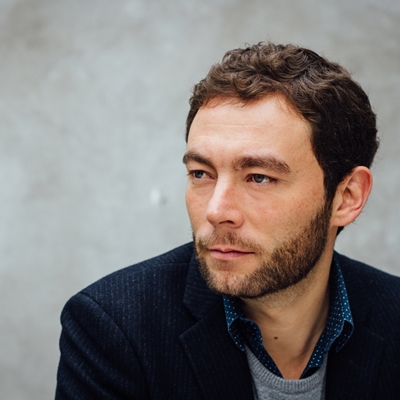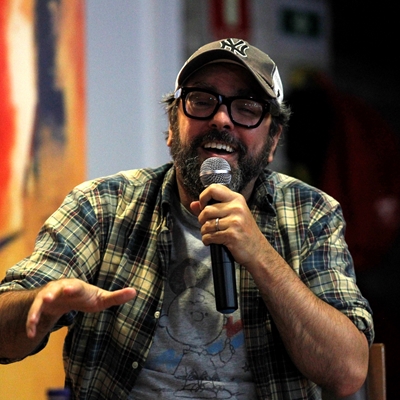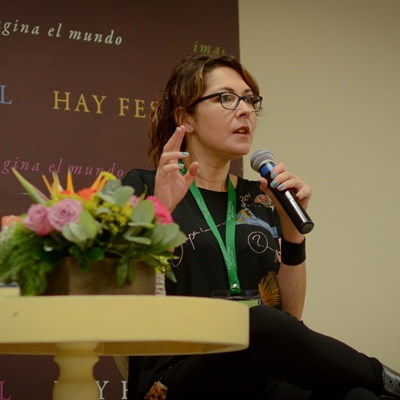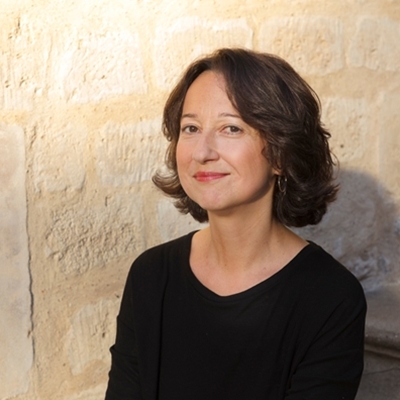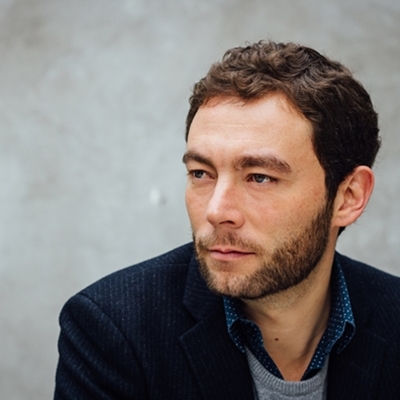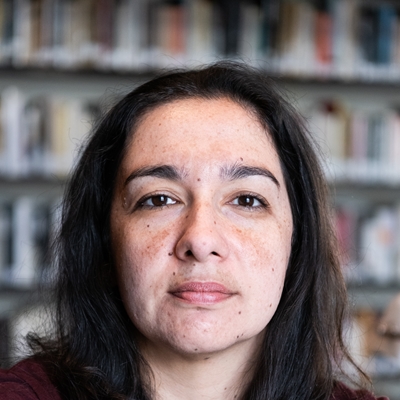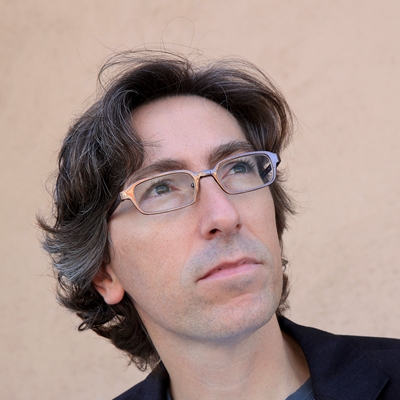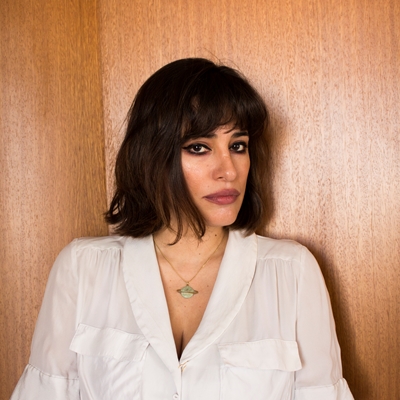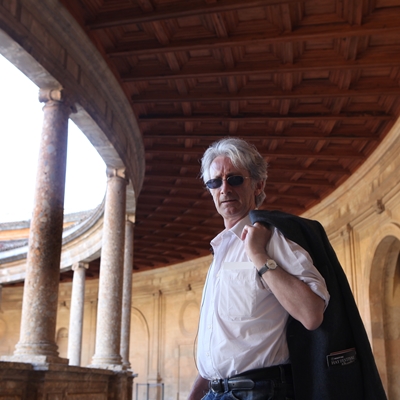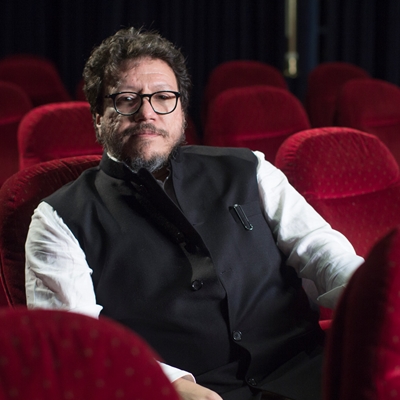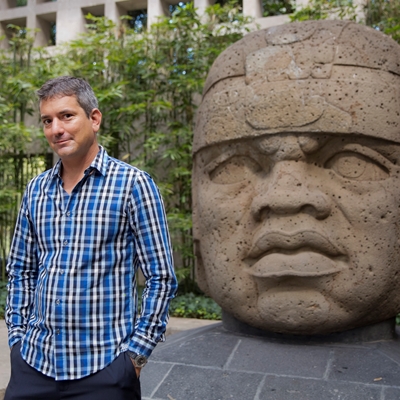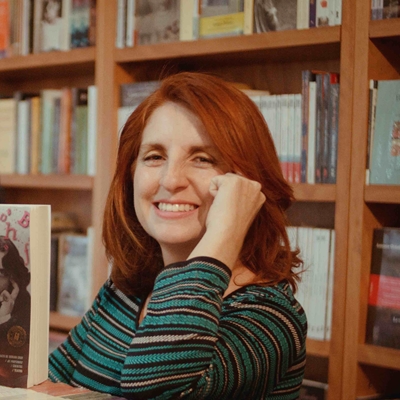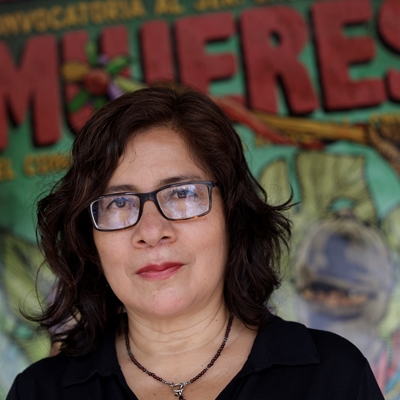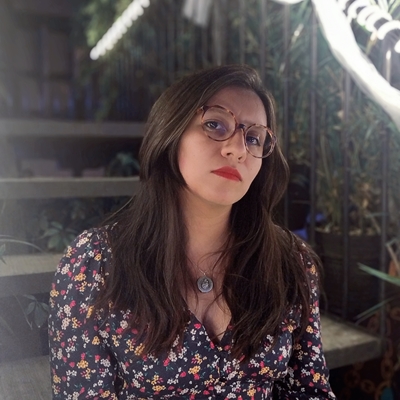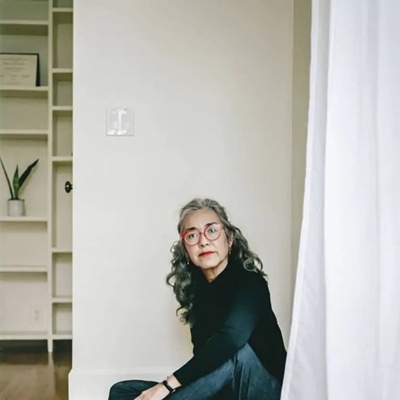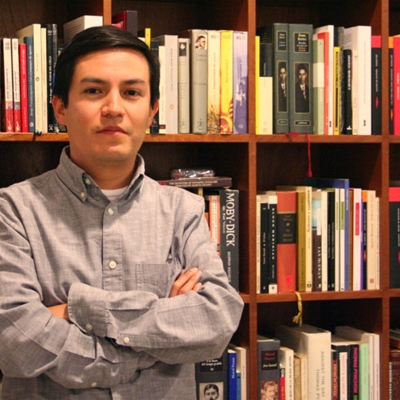Online events
Event 35-en
Among the many things wrong with our current socioeconomic system is not just the fact that healthcare is a privilege for the few, but that a whole illness industry exists that is structured around making a profit from those who are unwell, often with serious illnesses. The poet, essayist and lecturer Anne Boyer (United States) won the 2020 Pulitzer Prize for Nonfiction for The Undying. A Meditation on Modern Illness, an acute and lucid work that tells of her own experience as a survivor of an aggressive breast cancer, which led her to live through and understand some chilling realities. Boyer is also the author of books such as The Romance of Happy Workers (2008), The 2000s (2009), Garments Against Women (2015) and A Handbook of Disappointed Fate (2018). In conversation with Eduardo Rabasa.
Buy Desmorir by Anne Boyer at Librerías Gandhi
Register to watch onlineBuy books by Eduardo Rabasa at Librerías Gandhi
Register to watch onlineSubscribe to Bookmate and read 'Desmorir' by Anne Boyer
Register to watch onlineEvent 12
Rachel Clarke, Halyna Kruk and Ben Okri (digital) in conversation with Olesia Khromeichuk
The Power of Words
Digital venue
Words have immense power, and in times of difficulty they can encourage, inspire and offer hope, helping shape thoughts, emotions and actions. Writers Ben Okri (he will join remotely), Rachel Clarke and Halyna Kruk talk to historian Olesia Khromeichuk about the power of books and writing in conflicted times.
Okri a Nigerian-born British poet and novelist considered one of the foremost African authors in the post-modern and post-colonial traditions; he won the Booker Prize for his novel The Famished Road in 1991. Clarke a British palliative care doctor and writer and formerly a current affairs journalist. Kruk is a Ukrainian writer, translator, educator and literary critic.
Closed captions are available for this event in English and Spanish. Click on the "cc" icon in the video frame to select.
This event is in collaboration with Book Aid International, a non-profit organisation that creates access to books.
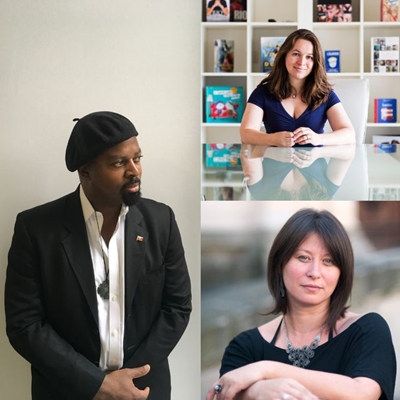
Event 36
Saxodia in concert
Teatro de la Ciudad
Based on an academic musical education and well as a profound interest in different kinds of music, such as Mexican popular music and jazz, Saxodia has created a unique style for saxophone quartets. The group was founded in Queretaro city in 2006 with the goal of creating a space for young people to learn the instrument and experiment with its possibilities. To end the day, the ensemble will offer a concert that fuses the best of jazz with some Mexican touches.

Event 8
How the Maidan Revolution changed us
Digital venue
The Maidan Revolution - or Revolution of Dignity - took place in Ukraine in February 2014 at the end of the Euromaidan protests. Deadly clashes between protesters and state forces in the capital Kyiv culminated in the ousting of elected President Viktor Yanukovych and a return to the 2004 Constitution. An expert panel of contributors explores its significance as a turning point in Ukrainian history. With Kateryna Kalytko, Vitalii Portnykov and Antin Borkovski.

Event 37
Muriel Barbery in conversation with Felipe Restrepo Pombo (Spanish version)
Llwyfan Digidol Cymru – Wales Digital Stage
The writer Muriel Barbery (France) has brought joy to millions of readers with the novel The Elegance of the Hedgehog, winner of the French Booksellers’ Prize, a The New York Times bestseller, and made into a film in 2008. Her most recent book is A Single Rose (2021), the story of Rose, a 40-year-old woman who travels for the first time in her life to Japan in order to read the will of her father, whom she never met. On the trip, she unearths the secrets of her family’s past and discovers the fascinations of Japanese culture. She will talk to the writer and journalist Felipe Restrepo Pombo.
Buy books by Muriel Barbery at Librerías Gandhi
Register to watch onlineBuy books by Felipe Restrepo Pombo at Librerías Gandhi
Register to watch onlineWith the support of the French Embassy in Mexico and the French Alliance
Buy the books for this event
Event HF1
Liniers in conversation with Mariana H
Hay Festivalito
The Argentinean cartoonist Liniers has become one of the best-known practitioners of the genre on the international scene, attracting comparisons with the impact made in their day by figures such as Quino and Fontanarrosa. His famous comic strip Macanudo, with its unique and dreamlike fantasy elements, is read around the world. He also specializes in giving curious portraits of everyday reality, through characters such as Enriqueta, the girl who loves to read; the adorable monster Olga; and the Mysterious Man in Black. Liniers has also done front covers for magazines including The New Yorker, and album covers for musicians such as Kevin Johansen and Andrés Calamaro. Furthermore, he has founded the publishing company Común. His most recent book, for children, is called Flores salvajes. Liniers will share the secrets of his own particular universe with a Hay Festival audience. He will talk to Mariana H.
For children aged 4 to 12
Buy books by Mariana H at Librerías Gandhi
Register to watch onlineBuy books by Liniers at Librerías Gandhi
Register to watch onlineBuy the books for this event
Event 16
Yaryna Chornohuz, Luke Harding, Svitlana Povaliaeva and David Rieff, chaired by Tetyana Ogarkova
Fighting for or with words? The challenges of speaking about war
Digital venue
War can both engender clamour and silence. Some people feel it imperative to talk about every life lost and every building destroyed, channelling their emotions into creative expression. For others, war means silence, stripping them of their ability to vocalize trauma and their experiences.
Journalist Luke Harding, writer David Rieff, poet and combat medic Yaryna Chornohuz and Svitlana Povaliaeva explore the emotional and professional space between experiencing and narrating war. Chaired by journalist Tetyana Ogarkova, the panel will discuss who can write about war, how conflict should be written about and the challenges of doing so, and what books can teach us about war.

Event 15
Elif Batuman, Paata Shamugia (digital), Ewa Thompson (digital) and Oksana Zabuzhko, chaired by Charlotte Higgins
Colonial discourse in Russian literature: How we (mis)understood the 'Russian soul'
Digital venue
Russian imperialism, and how Russian writers have contributed to building the myth of the country is the topic of academic Ewa Thompson’s book Imperial Knowledge: Russian Literature and Colonialism. Published in 2000, the year in which Vladamir Putin became president, the book and its topic hold even greater relevance now.
Thompson is joined by novelists Oksana Zabuzhko and Elif Batuman and poet Paata Shamugia to discuss why literary critics failed to see Russia as a colonial power, whether Russian imperialist discourse differs from colonial discourse in Western literary traditions, and the role Ukraine can have in helping people re-read Russian literature through a lens that takes the current conflict into account. The discussion is chaired by the Guardian’s chief culture writer Charlotte Higgins.
Paata Shamugia and Ewa Thompson will join remotely
Closed captions are available for this event in English and Spanish. Click on the "cc" icon in the video frame to select.

Event 37-FR
Muriel Barbery in conversation with Felipe Restrepo Pombo (French version)
Llwyfan Digidol Cymru – Wales Digital Stage
The writer Muriel Barbery (France) has brought joy to millions of readers with the novel The Elegance of the Hedgehog, winner of the French Booksellers’ Prize, a The New York Times bestseller, and made into a film in 2008. Her most recent book is A Single Rose (2021), the story of Rose, a 40-year-old woman who travels for the first time in her life to Japan in order to read the will of her father, whom she never met. On the trip, she unearths the secrets of her family’s past and discovers the fascinations of Japanese culture. She will talk to the writer and journalist Felipe Restrepo Pombo.
Buy books by Muriel Barbery at Librerías Gandhi
Register to watch onlineBuy books by Felipe Restrepo Pombo at Librerías Gandhi
Register to watch onlineWith the support of the French Embassy in Mexico and the French Alliance
Buy the books for this event
Event 8
Eloy Martínez de la Pera Celada and Stephan Janson with Amalia Bulnes
Agents that transform the image of the City
Consulado de Portugal en Sevilla
Fashion, design, art and architecture have shared styles, trends and influences throughout history. Analysing the interconnections and the relationships between these areas is a challenge: ways of working and style references in art, fashion and architecture are increasingly converging, as is the history and role of the avant-garde in all these disciplines: sustainability and multidisciplinary creators in a global environment also contribute to recharacterising the cities in which they work.
Eloy Martínez and Stephan Janson will talk about changes in urban centres and how these changes come about.
Eloy Martínez de la Pera is an art and fashion curator as well as a producer of contemporary art exhibitions for public and private organisations; projects that reflect the beauty of the dialogues that silently take place between photography, visual arts and fashion, which has allowed him to design some of the most mediatic exhibitions in recent years. These exhibitions contribute to the dissemination of the image of a prestigious city.
Stephan Janson is a French designer and curator currently working for Yves Saint Laurent aux musées, in Paris, with which Yves Saint Laurent celebrates the 60th anniversary of his first fashion show, and pays tribute to him with an exhibition in six museums, to highlight his contribution to the image of Paris as a city of art: the Musée Picasso (until 15/4), the Musée d'Art Moderne and the Musée d'Orsay (until 15/5), the Centre Pompidou and the Louvre (until 16/5), and the Musée Yves Saint Laurent (until 18/9).
Moderated by Amalia Bulnes, cultural journalist and literary critic. She worked in El Diario and now collaborates with El País, Canal Sur Radio and Television.
Event in English
Organised together with the Portuguese Embassy in Spain, the Portuguese Consulate in Seville and Around Art. With the sponsorship of the Ministry of Tourism, Culture, and Sports of the Regional Government of Andalusia, co-financed with European Regional Development Funds (ERDF).

Event 38
Fernanda Melchor in conversation with David Trueba
Cuadernos hispanoamericanos
Llwyfan Digidol Cymru – Wales Digital Stage
The Cuadernos Hispanoamericanos project aims to boost knowledge and exchange between writers of different generations and nationalities, united by a single language and a literary tradition enriched by authors of diverse origins. The initiative consists of having an established author select a young writer from the other side of the Atlantic. For the 2021 Hay Festival Queretaro, the Spanish writer and filmmaker, David Trueba, will talk to the award-winning writer Fernanda Melchor (Mexico), author of novels such as Temporada de huracanes and Páradais, her most recent work. This is a meeting to build bridges between different continents and perceptions.
Buy books by Fernanda Melchor at Librerías Gandhi
Register to watch onlineBuy books by David Trueba at Librerías Gandhi
Register to watch onlineWith the support of AECID
Buy the books for this event
Event HF2
A radiowaves workshop, with Tere Alcántara
Hay Festivalito
Probably many curious children have asked some of the following questions: what is the radio? What makes it create sound? What are the basic elements inside a radio set? What is a presenter? What are advertisements for? At this interesting, fun event, Tere Alcántara will explain all this and answer other questions, as well as teaching us how to make a homemade microphone with an empty milk carton, a piece of cloth, a hands-free set with a wire, glue and scissors.
Ages 6 and over
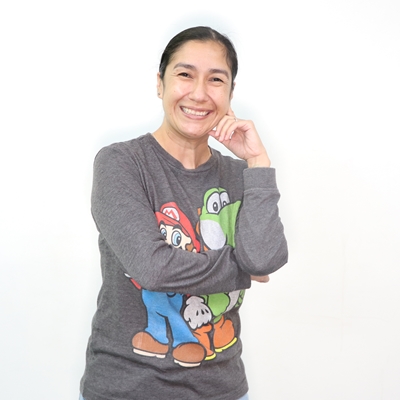
Event 22
Tamara Hundorova (digital), Philippe Sands (digital) and Rebecca Solnit (digital), chaired by Sasha Dovzhuk
Global consequences of Russia's ecocide in Ukraine
Digital venue
The war in Ukraine is causing large amounts of damage to the environment. Weapon systems and mass burials are causing soil contamination, while Russia’s destruction of the Kakhovka hydroelectric power plant has devastated entire ecosystems in southern Ukraine, raised the risk of waterborne diseases and destroyed irrigation systems and farmlands, threatening global food security. Russian shellfire near the Zaporizhzhia nuclear power plant fuels fears of a nuclear catastrophe.
The shadow of history also looms over the conflict’s environmental effects; the explosion of the Chernobyl nuclear power station was a catalyst for the beginning of the end of the Soviet Union, and cultural revolution in Ukraine.
Lawyer and writer Philippe Sands, literary critic Tamara Hundorova and writer Rebecca Solnit talk to writer Sasha Dovzhuk about how Russia’s actions are affecting the global ecology and whether international law can prevent a new ecological catastrophe.
All the speakers except Sasha Dvozhuk will join remotely
Closed captions are available for this event in English and Spanish. Click on the "cc" icon in the video frame to select.
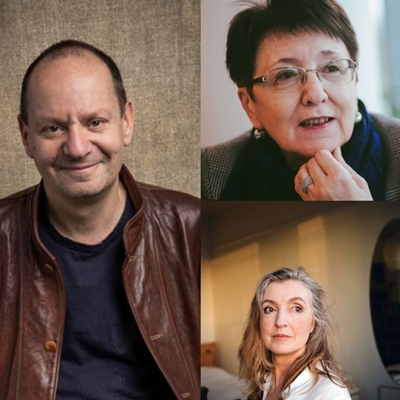
Event 17
Babyn Yar: Listening to the Past
Digital venue
Babyn Yar, a ravine in the Ukrainian capital Kyiv, was the site of massacres carried out by Nazi Germany's forces during its campaign against the Soviet Union in World War II. On 29–30 September 1941 alone, some 33,771 Jews were killed. Other victims of massacres at the site included Soviet prisoners of war, communists and Romani people. An expert panel gathers to remember the tragedy and honour its victims.
Participants:
Dr. Paul Robert Magocsi (he will join remotely), Chair of Ukrainian Studies, University of Toronto; Board Member, Ukrainian Jewish Encounter (Toronto, Canada). Dr. Vladyslav Hrynevych, Senior Research Fellow at the Institute of Political and Ethnic Studies, National Academy of Sciences of Ukraine (Kyiv, Ukraine). Dr. Ihor Schupak, Director, Tkuma Ukrainian Institute for the Study of the Holocaust and of the Museum of Jewish Memory and the Holocaust; Board Member, Ukrainian Jewish Encounter (Dnipro, Ukraine). Dr. Yegor Vradiy, Assistant Director of the Tkuma Ukrainian Institute for the Study of the Holocaust and of the Museum of Jewish Memory and the Holocaust (Dnipro, Ukraine).
Moderator: Oksana Forostyna, Europe's Futures Fellow at the Institute for Human Sciences in Vienna (Kyiv, Ukraine).

Event 39
Pola Oloixarac and Patrick Deville in conversation with Santiago Gamboa
Writing the Amazon
Escenario Digital Hay Querétaro
The Argentinean writer Pola Oloixarac, selected by Granta magazine as one of the best Spanish-language fiction writers in 2010, was awarded the 2020 Eccles Centre & Hay Festival Prize, being awarded a research period at the British Library to carry out investigation for her project about the Amazonian literary world, Atlas de la Amazonía (2021). The French writer Patrick Deville has published Amazonia (soon to be published in Spanish), which tells the story of the journey he undertook with his son along the river; the book explores the legend of the river of a thousand secrets, covers the first European intrusions, and invites the reader on a beautiful geographical, historical and literary journey. They will talk to the Colombian writer Santiago Gamboa about the challenge of writing about this region through experience and research.
Event in Spanish and French with Spanish subtitles
Buy books by Pola Oloixarac at Librerías Gandhi
Register to watch onlineBuy Pura Vida by Patrick Deville at Librerías Gandhi
Register to watch onlineBuy books by Santiago Gamboa at Librerías Gandhi
Register to watch onlineSubscribe to Bookmate and read 'Pura vida' by Patrick Deville
Register to watch onlineWith the support of Eccles Centre for American Studies
Event 40
Daniel Krauze and Santiago Roncagliolo in conversation with Liliana Blum
Teatro de la Ciudad
Daniel Krauze (Mexico) is a fiction and screenwriter, author of two books of short stories and two novels, including Fallas de origen, winner of the 2012 Letras Nuevas Prize. His most recent book, Tenebra (2021), tells the story of a Mexican politician told through the book’s two main characters, Julio Rangel, who works with senator Óscar Luna, and Martín Ferrer, a man obsessed with this politician. The award-winning writer and journalist, Santiago Roncagliolo, (Peru) was selected in 2007 as one of the 39 best Latin American fiction writers aged under 40. His novel Abril rojo won the 2006 Alfaguara Novel Prize. His most recent novel, Y líbranos del mal (2021), is about the terrible family secrets uncovered by the protagonist, Jimmy, when he travels from Lima to Miami to care for his ill grandmother. In conversation with the writer Liliana Blum.
Buy books by Santiago Roncagliolo at Librerías Gandhi
Register to watch onlineBuy books by Daniel Krauze at Librerías Gandhi
Register to watch onlineBuy books by Liliana Blum at Librerías Gandhi
Register to watch onlineEvent 25
Serhiy Hnyezdilov, Dmytro Khorkin, Lera Lauda, Natalia Lygachova, Vadym Miskyi, Svitlana Ostapa and Oleksandr Pedan
What will be the future of media in Ukraine?
-
The Great War accelerated the change in media consumption habits of Ukrainians, and there will be no return to the pre-war state. However, the military media landscape will change immediately after the war. It will be influenced by technological, political, societal and global changes. The media will have a chance to increase influence, but not everyone will take advantage of this chance. At the same time, there is a risk that low-quality media will be among those who take advantage. At the discussion about the future of Ukrainian media, we will talk about communication with the young generation, hyperlocalization of media and players in this market, the future of radio and television, newly created state media. Together with our colleagues, we will outline the desired outlines of the post-war media landscape of Ukraine.
Event HF3
The writer and journalist Laura Castellanos and the illustrator Brenda Castro present La marcha del #TerremotoFeminista, an illustrated work of non-fiction that contextualizes feminism, from the origins of the patriarchy to the feminist movements of the 21st century. Readers follow Sofi, a teenager who joins the demonstrations that are protesting the oppression of the patriarchal system, and with whom we learn about all the victories won, and about all that still remains to be done.
From 12 years on
Buy La marcha del #TerremotoFeminista by Laura Castellanos at Librerías Gandhi
Register to watch onlineBuy the book for this event
Event 18
Yurko Prokhasko and Iryna Tsilyk, chaired by Olena Huseinova
And in the great new family, the family of the free… How do we create closeness in the conditions of war?
Digital venue
As well as public and political life, conflict has a significant impact on peoples’ private lives. Families change, circles of friends decrease or expand, colleagues change, and even complete strangers can come to be extremely close.
Filmmaker Iryna Tsilyk and translator and essayist Yurko Prokhasko reflect on what relationships will be like after the war. Chaired by poet Olena Huseinova.
In partnership with Radio Culture
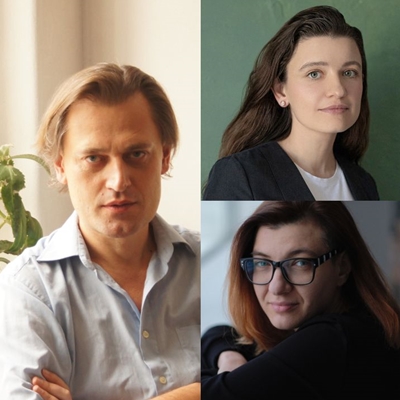
Event 41
Cristina Rivera Garza in conversation with Guillermo Núñez
Escenario Digital Hay Querétaro
The eminent Mexican writer Cristina Rivera Garza, award-winning novelist, essayist, librettist and poet, including some of the great works of Spanish-language literature such as No One Will See Me Cry (2003). She presents El invencible verano de Liliana (2021), an unsettling testimony by the author about the femicide of her sister, Liliana Rivera Garza, an architecture student who decided to take control of her life and leave an abusive relationship that had been going on for years, until her life was ended by her former partner. The book tells a terrible story that is the result of the system of patriarchal violence that we are all caught up in. Rivera Garza will talk to Guillermo Núñez about this powerful work.
Buy books by Cristina Rivera Garza at Librerías Gandhi
Register to watch onlineBuy the book for this event
Explore All Genres
- Afrodescendencias
- Latin America
- South to North
- Art
- Arts & Culture
- Children
- Culture
- Design
- Drawing
- Economics
- Equality
- Fashion
- Film
- Food
- Gender
- History
- Human Rights
- Indigenous Cultures
- Journalism
- Language
- Law
- Literature
- Music
- Nature & Environment
- Philosophy
- Photography
- Podcast
- Poetry
- Politics
- Psychology
- Religion
- Science
- Sport
- Technology
- Theatre
- Workshops
- World Affairs
Partner for Latin America

Principal Sponsors


Government Partners
